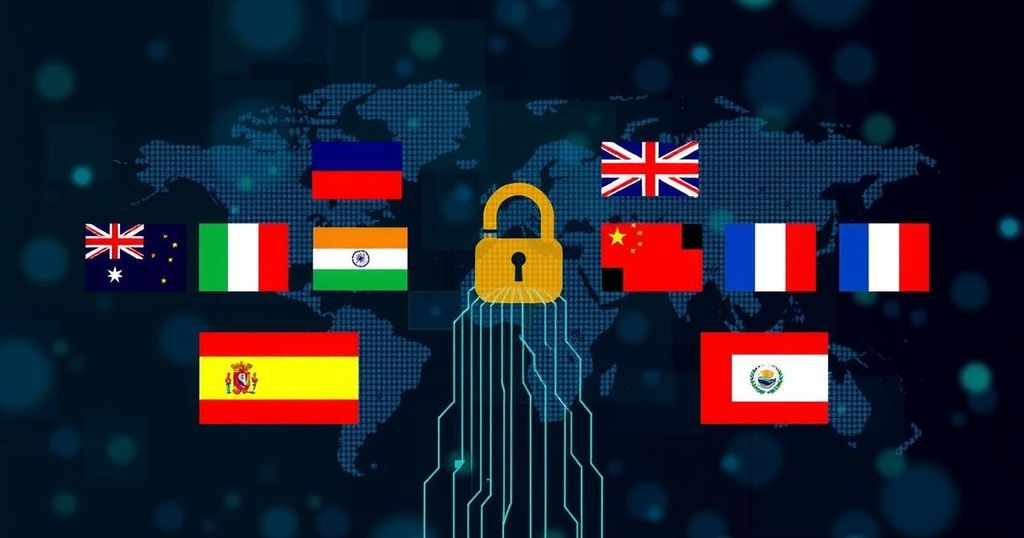Kenya, Malawi, and Papua New Guinea have been invited to join the Budapest Convention on Cybercrime, marking a total of 76 Parties to the Convention. This initiative aims to enhance cybersecurity capabilities through ongoing projects by the Council of Europe, specifically the GLACY-e and Octopus Project, facilitating international cooperation against cyber threats.
On October 9, 2024, during the 1509th Meeting of the Ministers’ Deputies, it was announced that Kenya, Malawi, and Papua New Guinea have received invitations to accede to the Convention on Cybercrime, also known as the Budapest Convention. This invitation is effective for a duration of five years and aligns with ongoing efforts to enhance cybersecurity capabilities through the projects of the Cybercrime Programme Office of the Council of Europe (C-PROC). With these additions, a total of 76 States are now Parties to the Convention, with two having signed and 18 others invited to partake, bringing the total participation in the Cybercrime Convention Committee (T-CY) to 96 countries.
The Convention on Cybercrime, or Budapest Convention, serves as an international treaty aimed at addressing Internet and computer crime by harmonizing national laws, improving investigative techniques, and increasing cooperation among nations. The Council of Europe plays a pivotal role in facilitating various projects designed to strengthen the enforcement of cybercrime laws, thereby providing the necessary support to the newly invited states through initiatives such as the GLACY-e and Octopus Project. These efforts are critical in enhancing global cyber resilience against increasing cyber threats.
In conclusion, the invitation extended to Kenya, Malawi, and Papua New Guinea to accede to the Budapest Convention marks a significant step towards enhancing international cooperation in combating cybercrime. This initiative not only signifies the growing recognition of the necessity for robust cybersecurity measures but also exemplifies the ongoing commitment of the Council of Europe to bolster the capabilities of states facing cyber threats. The current participation statistics underscore the extensive global engagement in the efforts to combat cybercrime.
Original Source: www.coe.int






